research
Latest

Colorado college students were secretly used to train facial recognition
Researchers used over 1,700 photos of students and others without their permission for a facial recognition study sponsored by US military and intelligence services, according to the Colorado Springs Independent and Financial Times. While technically legal, it has raised questions about privacy around facial recognition tech, especially considering how the photos might end up being used. "This is essentially normalizing peeping Tom culture," the Electronic Frontier Foundation's David Maas told CSIndy.
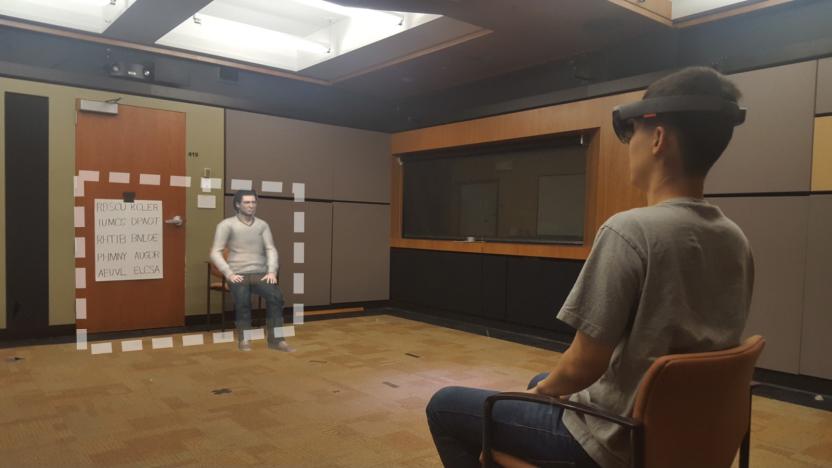
Augmented reality can change your behavior in the real world
A new study from Stanford's School of Humanities and Sciences has found that augmented reality (AR) experiences significantly affect people's behavior in the real world, even after they've taken the headset off.
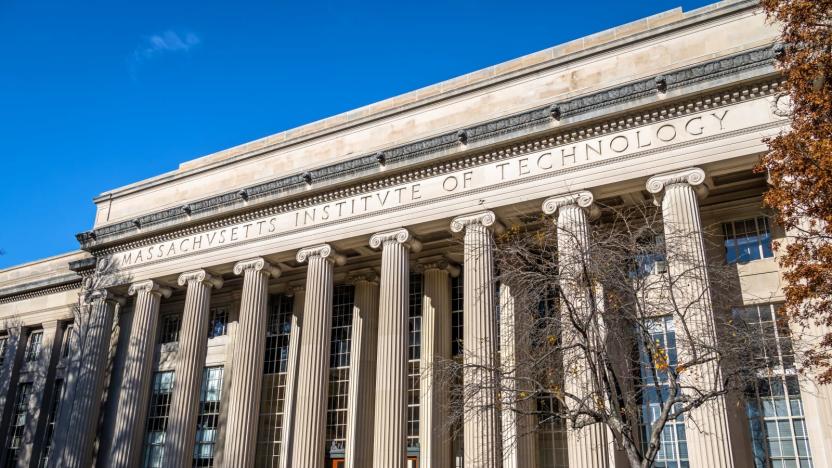
MIT suspends its research partnerships with Huawei and ZTE
The Massachusetts Institute of Technology is putting its funding and research ties with Huawei and ZTE on hold due to US investigations against the Chinese companies. The university will also add extra layers of scrutiny to projects and funding linked with China, Russia and Saudi Arabia.
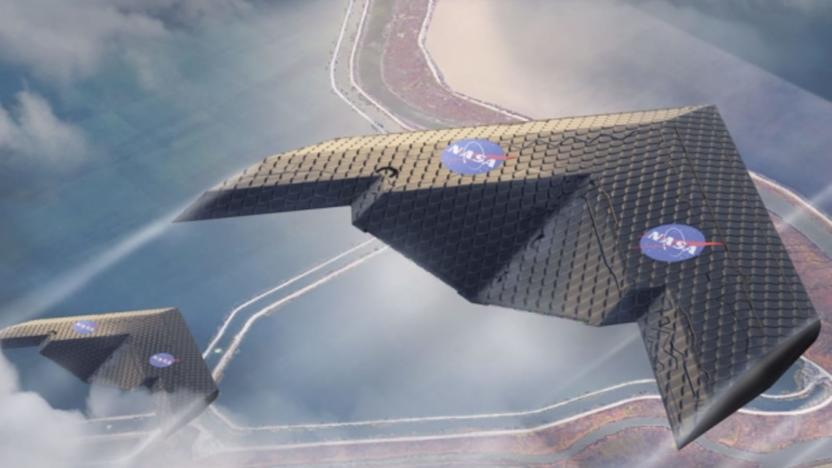
Researchers designed a shape-shifting airplane wing
If you've had a window seat next to the wing of an airplane, you've probably watched as flaps on the wing engage and disengage as a plane takes off and lands. That's because in each phase of flight -- take off, landing, cruising and maneuvering -- the ideal wing parameters vary. Until now, we've made do by modifying rigid wings with hinged surfaces. But imagine if the entire wing could change shape -- that's what researchers led by NASA and MIT are working towards.

Self-healing 3D-printed gel has a future in robots and medicine
Robots might be a little more appealing -- and more practical -- if they're not made of hard, cold metal or plastic, but of a softer material. Researcher at Brown University believe they've developed a new material that could be ideal for "soft robotics." It's already demonstrated that it can pick up small, delicate objects, and it could form customized microfluidic devices -- sometimes called "labs-on-a-chip" and used for things like spotting aggressive cancers and making life-saving drugs in the field.
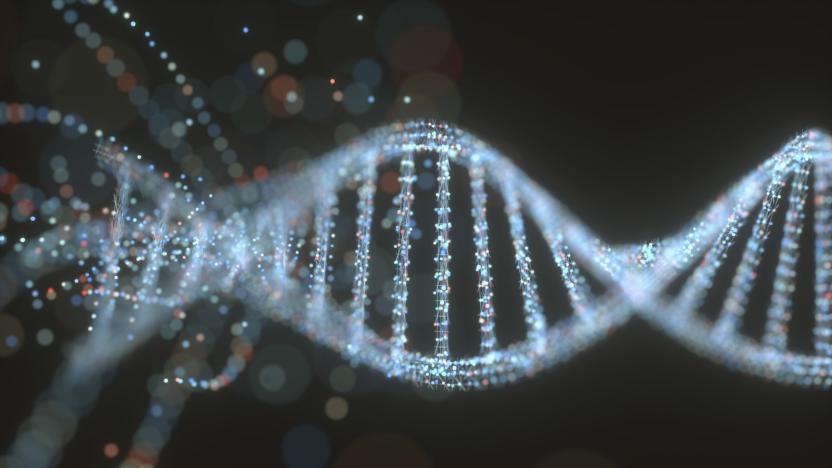
CRISPR gene-editing experiment may have impacted twins' brains
Researchers have published research into a gene at the heart of a controversial human gene-editing experiment, lending more weight to the theory that it inhibits cognitive function. But no one knows how the method may have affected the minds of the Chinese twins at the center of the issue. One scientist involved in the study, University of California, Los Angeles neurobiologist Alcino J. Silva, said the "mutations will probably have an impact on cognitive function," but it's impossible as yet to predict the precise effects. The CRISPR-Cas9 gene-editing technique has previously been linked with unintended DNA damage.
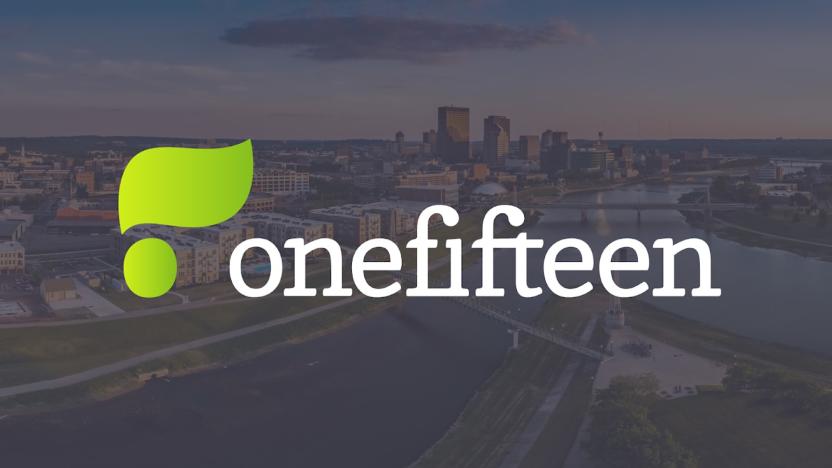
Alphabet's Verily is opening an opioid addiction center in Ohio
Alphabet's health data company Verily is mainly known for its devices, but now it's tackling one of the larger problems in the US through facilities. The company is teaming up with Kettering Health Network, Premier Health and Alexandria Real Estate Equities to establish OneFifteen, a "tech-enabled" campus in Dayton, Ohio that will help address opioid addictions. It'll include clinical services, housing for recovering patients and mixed-purpose buildings to help both patients and the local community, with Verily's technical know-how helping to "continually evolve" treatment.
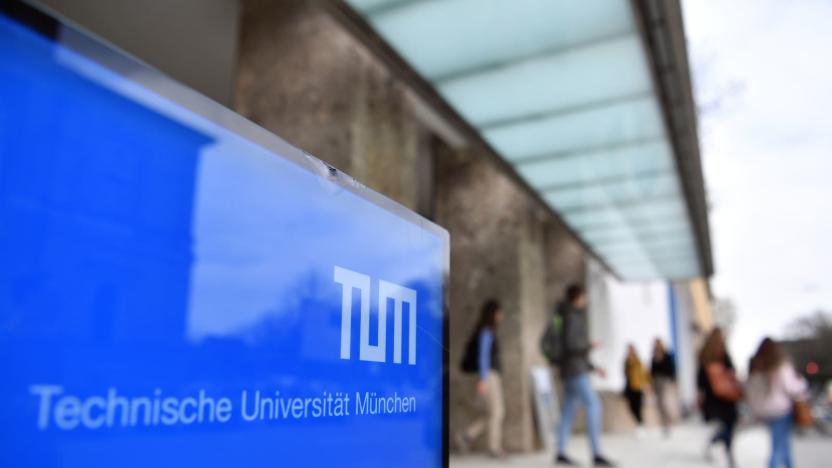
Facebook backs an independent AI ethics research center
Facebook is just as interested as its peers in fostering ethical AI. The social network has teamed up with the Technical University of Munich to back the formation of an independent AI ethics research center. The plainly titled Institute for Ethics in Artificial Intelligence will wield the university' academic resources to explore issues that "industry alone cannot answer," including those in areas like fairness, privacy, safety and transparency.
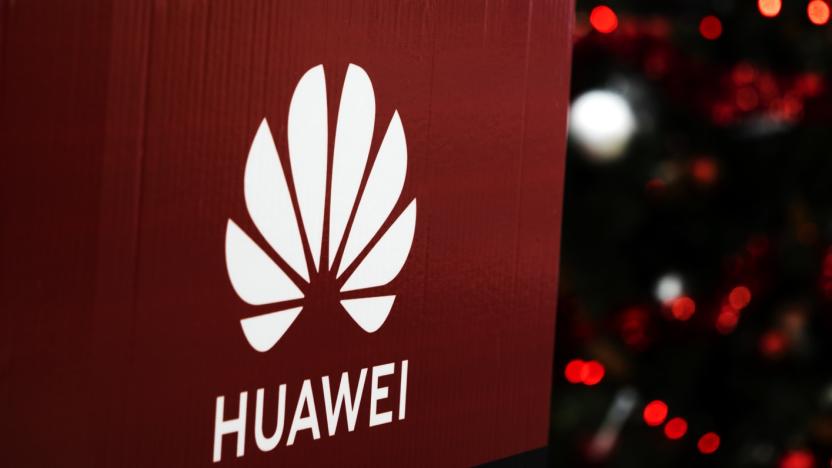
Oxford University halts donations and grants from Huawei
Huawei has faced increasing resistance from the US government and other countries, and now Oxford University has joined the growing number of groups distancing themselves from the company. The university, for now, will no longer accept research grants or donations from Huawei, The Guardian reports, with the ban stemming from "public concerns raised in recent months surrounding UK partnerships with Huawei."

Researchers may have witnessed the birth of a black hole
Researchers believe they might have an explanation for an incredibly bright event that took place in a distant dwarf galaxy. Scientists observed it last June when the object in question lit up and then faded over the course of 16 days, and it has continued to spark interest and debate. Based on the data collected at the time, a number of researchers now think the event was the creation of either a black hole or a neutron star.

Researchers develop a painless glucose monitor for diabetics
For those with diabetes, monitoring blood glucose is an essential part of disease management, but unfortunately, the methods for tracking glucose each have their own downsides. Finger-pricking can be a hassle and quite painful, while continuous glucose monitoring systems (CGMS) are often expensive, invasive and less reliable. But researchers at the KTH Royal Institute of Technology in Sweden have developed a microneedle-based CGMS that's more accurate, faster and cost-effective than what's currently available and is also pain-free.

Researchers propose guiding large space telescopes with tiny satellites
Using the recently retired Kepler space telescope, scientists have confirmed thousands of exoplanets, and as its successor TESS ramps up its search, we're poised to discover plenty more. But once we find exoplanets, learning more detailed information about them requires larger, more powerful space telescopes. These telescopes would need very large mirrors, much like NASA's upcoming (and continuously delayed) James Webb Telescope, which will use its 6.5-meter-wide mirror to observe extremely distant galaxies. And like the James Webb Telescope, they very well could have a mirror made up of many individual segments -- Webb's has 18.
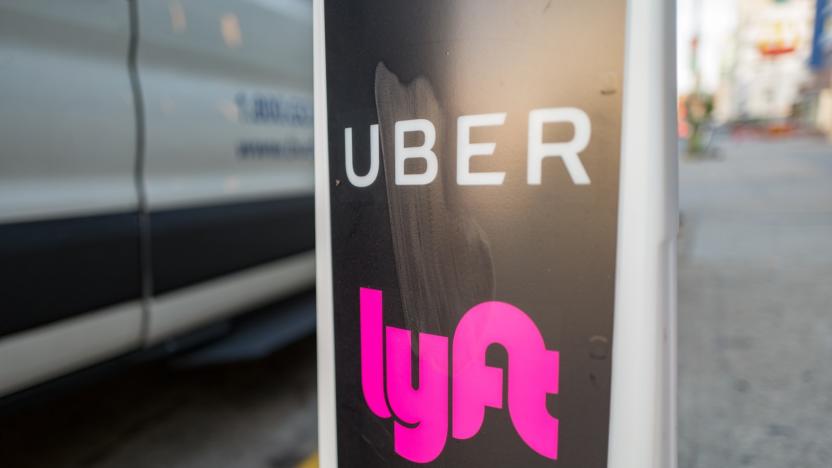
Ride-hailing use in the US has more than doubled in three years
The Pew Research Center has released the results of a new study showing how the usage of ride-hailing services has grown over recent years. In 2015, just 15 percent of surveyed US adults said they used services like Lyft or Uber, but in a survey conducted last year, 36 percent of those who responded said they had used such services at some point. Additionally, those saying they had never heard of ride-hailing decreased from 33 percent to just three percent between 2015 and 2018.

NASA's Parker Solar Probe got closer to the sun than ever before
The mission of NASA's Parker Solar Probe is to help us answer some major questions we have about the sun, and to do that, it's getting closer to the sun, or any star, than a spacecraft has ever been. Between October 31st and November 11th, the probe conducted its first solar encounter, swooping to within 16.9 million miles of the sun's surface and entering its atmosphere, or the corona. And now, we have the first image from that encounter, one that NASA scientists shared at the fall meeting of the American Geophysical Union this week.
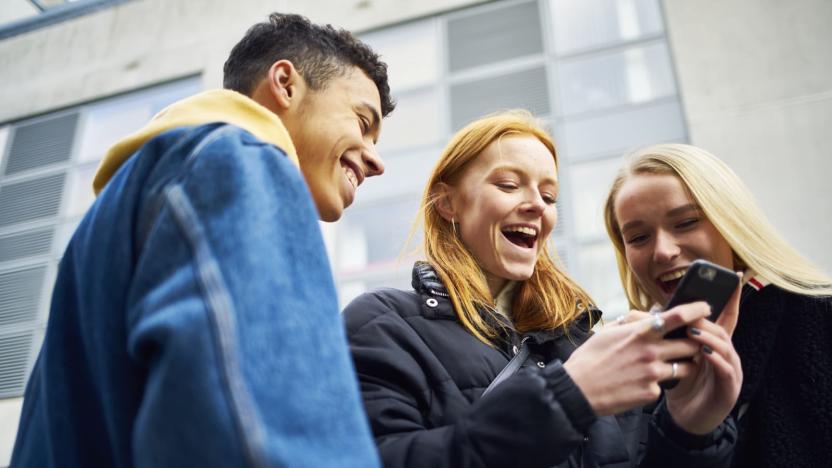
Survey says teens find some benefit from social media
The Pew Research Center has already given us a look into teens' social media and smartphone use, and in a new survey it's sharing some of the more positive effects of social media, as experienced by teens. While these younger social media users noted some negative aspects -- like feeling overwhelmed by drama and the pressure to post content that will generate likes and comments or make them look good -- more teens reported a number of benefits of participating in social networks.
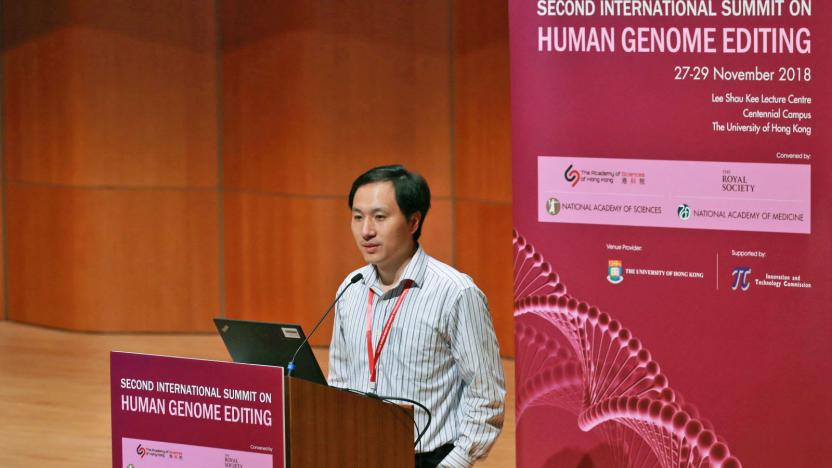
China halts scientist's gene-edited baby research
The scientific community and the world at large were rocked this week when researcher He Jiankui claimed he had created the world's first genetically edited babies. Using CRISPR/Cas9, He says he edited the genes of twin girls, Lulu and Nana, in order to make them more resistant to HIV. But He's work has been met with severe backlash as scientists around the world have called it irresponsible and unethical while emphasizing that CRISPR technology is not yet ready for human embryos since associated risks are not fully understood. Now, the Associated Press reports that China's government has put a hold on He's work.
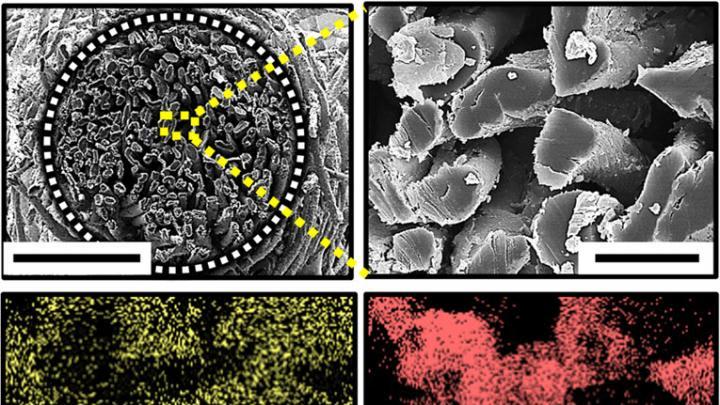
Researchers want to power pacemakers with cotton-based biofuel cell
Researchers at the Georgia Tech and Korea University believe they have found a way to power implantable medical devices like pacemakers with a new fuel cell made from cotton fiber. The glucose-powered biofuel cell could provide twice as much power as conventional options.
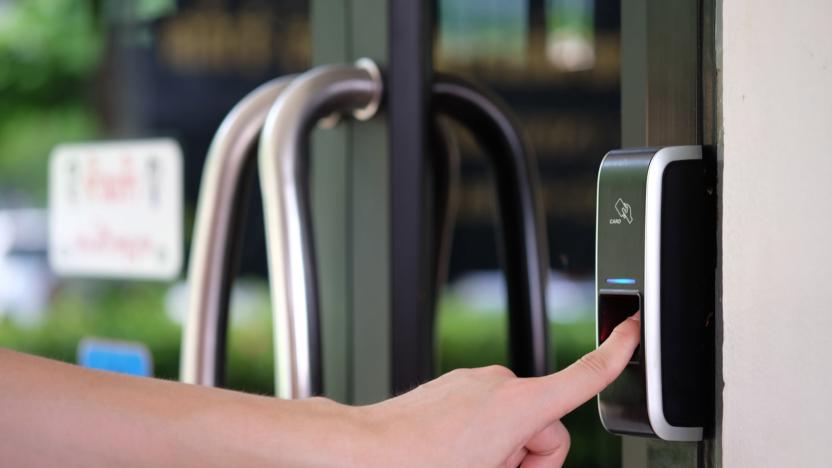
AI can create synthetic fingerprints that fool biometric scanners
Researchers from New York University have found a way to produce fake fingerprints using artificial intelligence that could fool biometric scanners (or the human eye) into thinking they're the real deal. The DeepMasterPrints, as the researchers are calling them, replicated 23 percent of fingerprints in a system that supposedly has an error rate of one in a thousand. When the false match rate was one in a hundred, the DeepMasterPrints were able to mimic real prints 77 percent of the time.
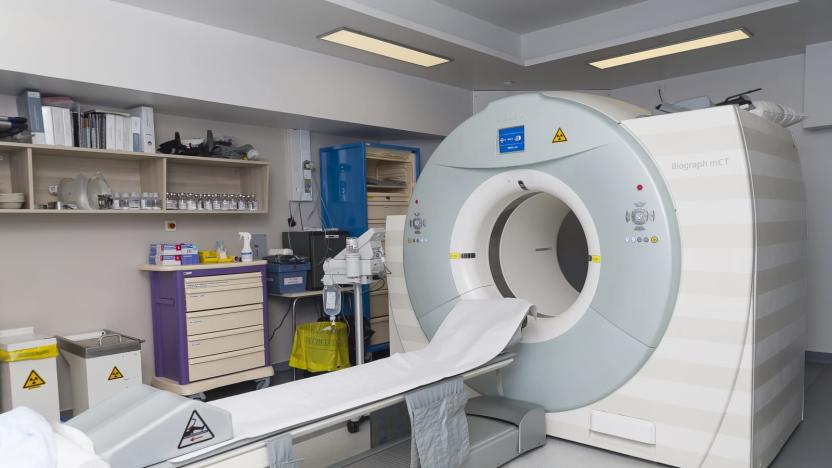
Researchers train AI to spot Alzheimer’s disease ahead of diagnosis
While Alzheimer's disease affects tens of millions of people worldwide, it remains difficult to detect early on. But researchers exploring whether AI can play a role in detecting Alzheimer's in patients are finding that it may be a valuable tool for helping spot the disease. Researchers in California recently published a study in the journal Radiology, and they demonstrated that, once trained, a neural network was able to accurately diagnose Alzheimer's disease in a small number of patients, and it did so based on brain scans taken years before those patients were actually diagnosed by physicians.
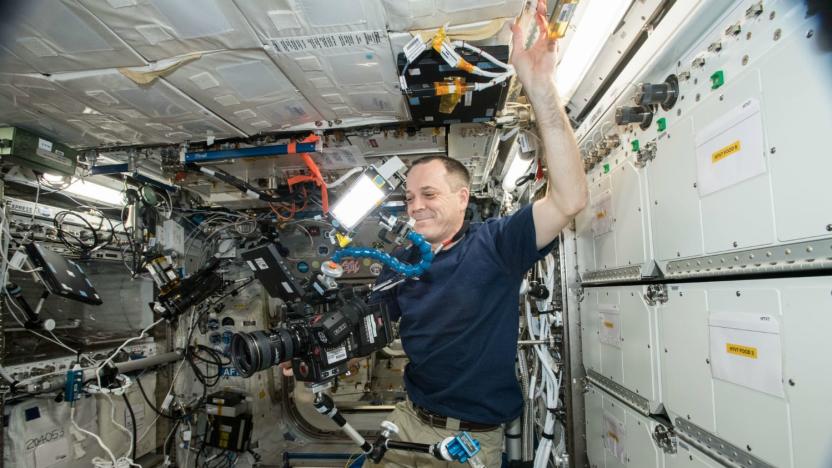
NASA and the ESA release first 8K video from space
NASA and the European Space Agency have teamed up on a new video about astronauts in the International Space Station. But this one is a little different than the videos you've watched in the past because it's the first 8K ultra high definition video delivered by the agencies, shot with a Helium 8K camera from RED.






